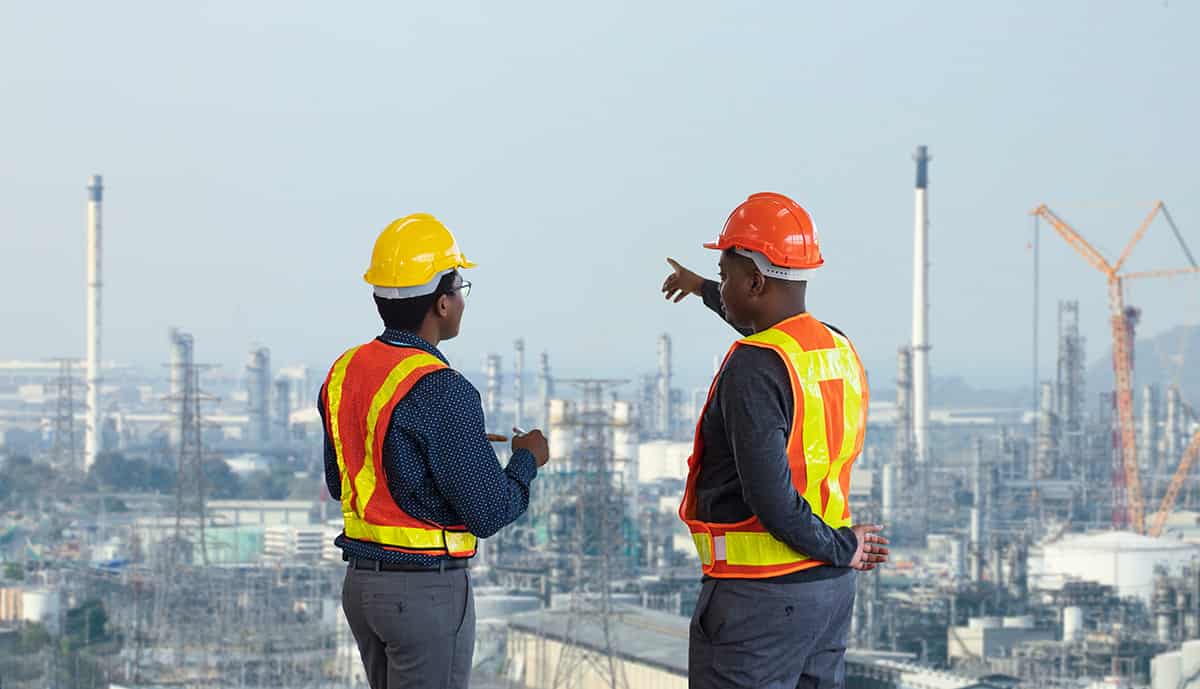Dangote Petroleum Refinery, built at a cost of $20 billion, has commenced production in Lagos, Nigeria—and with it, the country’s dependency on imported refined petroleum products is expected to end.
Production began on January 12, with aviation fuel and diesel, after a series of delays and postponements. With a 650,000-barrel-a- day refining capacity for crude oil, the plant, owned by Africa’s richest person, Aliko Dangote, is Africa’s biggest and the world’s largest single-train refinery.
Nigeria is a member of OPEC, yet Africa’s biggest economy is often shut down by shortages of gasoline and other refined products and attendant price hikes. Protests by labor unions usually follow.
The new plant promises to change all this, analysts say, by raising production with the addition of gasoline and kerosene. The refinery will be “a game changer in Nigeria’s oil and gas sector and the macroeconomic environment,” says Muda Yusuf, an economist and chief executive of the Center for Promotion of Private Enterprise in Lagos.
Increased domestic supply of refined petroleum products will cut Nigeria’s demand for foreign exchange by about a third, owing to the reduction in the demand for imports, Yusuf predicts. This will help lower inflation, currently 28.9%.
Nigeria’s four state-run refineries, with a combined capacity of 450,000 barrels per day, have remained moribund for years. President Bola Tinubu, upon taking office last May, removed a subsidy on gasoline that had kept prices low, leading to a spike in prices and an inflationary spiral.
“The refinery is the loudest statement on the transformation of the Nigerian oil industry from a failed state-led extractive or primary product export industry to a private sector-led, value-adding diversified industry,” says Joseph Nwakwue, a partner at Lagos-based Zera Advisory & Consulting.
The Dangote plant will give Nigeria “all the obvious benefits of local crude oil refining,” he adds, “including provisions of local jobs, enhanced process plant capabilities, reduction in product import, and hence, reduced forex demand, and a diversified outlet for Nigeria’s crude oil.”
One variable remains: Nigerian National Petroleum Company Ltd, previously a state-run corporation, holds a 20% stake in the new refinery. The success of the new plant, Yusuf says, will depend on an uninterrupted supply of crude from NNPCL.




